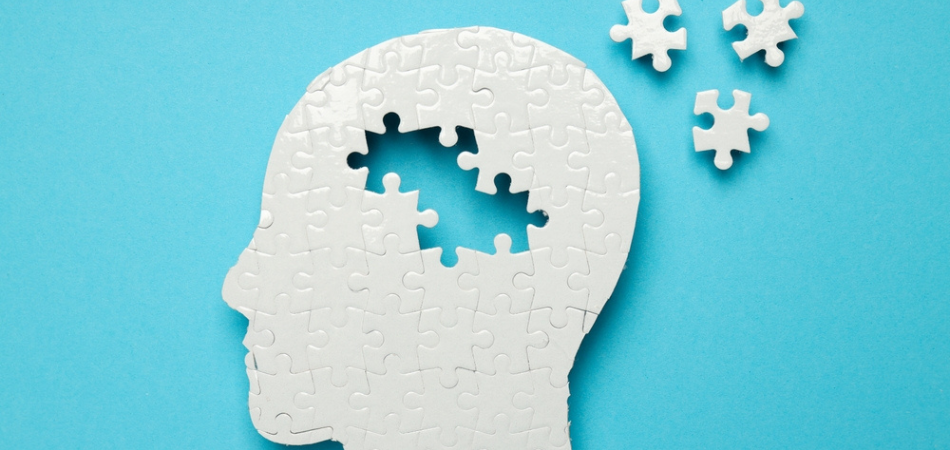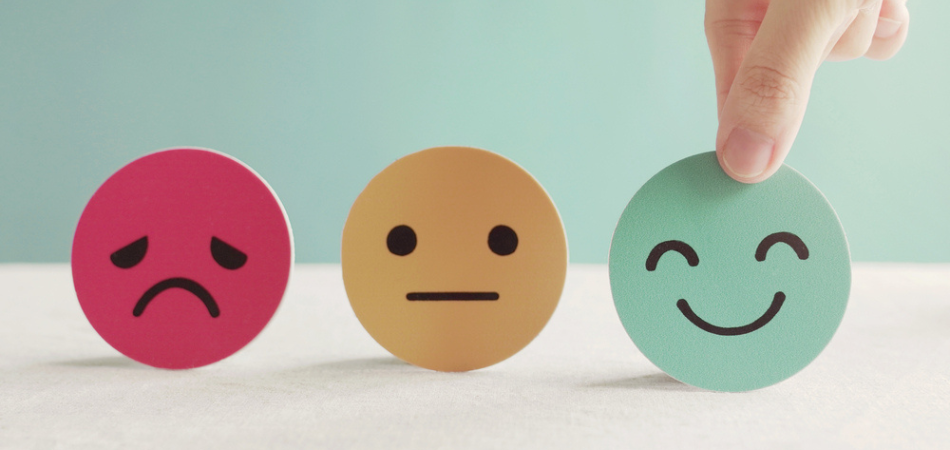Mental Health Support
Mental health, just like physical health, is an important part of our overall state and wellbeing. When your mental health is suffering, you may find yourself unable to concentrate on even the smallest tasks or engage with those around you. Some days, just getting dressed and leaving the house may feel like a huge undertaking.
For many, talking about these issues is still a sensitive topic. It can be incredibly tough to start a conversation and ask for help. However, doing so will open up a vital channel of support and provide you with the relief you need. After all, when you are sick, you go to the doctor, so why should mental health be any different?
Our team of accomplished therapists, doctors and psychiatrists are leaders in their field, each having the ability to deliver outstanding care. Their combined goal is to help you reach your highest potential and maintain positive psychological health.
Recognising mental health
Mental illness is an umbrella term encompassing numerous disorders and their associated symptoms. Every individual experiences mental health differently with signs varying from person to person. This makes it difficult to pinpoint a problem without expert guidance, but if you are having struggles with your mental health, you may experience the following:
- Persistent feelings of sadness or hopelessness
- Increased levels of anxiety and panic attacks
- Irritability and mood swings
- Difficulty focusing
- Changes to sleep patterns
- Lacking energy or motivation
- Withdrawal from social groups
- Negative thought patterns
- Changes to eating habits
If you would like to understand more about your own mental well-being, take our mental health assessment.
Supporting your mental health
While anxiety, depression and PTSD (Post-Traumatic Stress Disorder) may be the most common mental health disorders, and the ones we typically think about when we discuss this topic, there is actually a vast array of diagnosable mental health conditions that all affect how you think, feel and act.
Some of the mental health conditions we treat include:
- Schizophrenia
- Anxiety
- Depression
- Borderline personality disorder
- Personality disorder
- Bipolar disorder
- PTSD
- OCD
- Stress
- Social anxiety
- Eating disorders
- Postnatal depression
If you think you may be presenting one or more of these conditions, or if you have already been diagnosed, we can offer you the resources you need to get your symptoms under control. We offer innovative, high-quality care in our exclusive space and can help you to start feeling more like yourself again.
The causes of poor mental health
Mental health disorders are complex and can involve an interplay of multiple factors, ranging from genetic to environmental. These conditions are also highly personal – some individuals may be deeply affected by certain situations where others will barely blink an eye. This does not mean there is anything you are doing incorrectly, as every single person sees the world through a different lens.
Some factors that may contribute towards developing a mental health issue include:
- Childhood trauma or neglect
- Genetic predisposition
- Acute stress
- Long-term physical health issues or pain
- Loneliness or isolation
- Bereavement
- Misuse of drugs or alcohol
- Domestic violence or abuse
- Experiencing a traumatic event
- Diet and sleep quality
It is important to recognise that any combination of these factors can lead to a mental health disorder and they must be addressed in order for your wellness to reach its optimum level.
Getting help for mental health
If you would like to spend some time away from the stress of everyday life, nourish yourself with a little self-care and heal both mind and body, UKAT London Clinic provides you with the shelter and space to do so. Our luxurious, private facility on Harley Street has been designed with our clients’ needs at the forefront with a team of certified professionals on hand to talk through any mental health issues you may be experiencing.
You will be able to select from a comprehensive list of therapy and wellness sessions, giving you complete control over your mental health treatment plan. Whatever your needs, our staff are dedicated to ensuring you leave us feeling relaxed and rejuvenated.
The benefits of mental health treatment
Mental health treatment is fundamental in maintaining a calm, content sense of being. Accessing an effective treatment programme can open you up to a diverse range of benefits that will spill over into your everyday life.
Some of the benefits you will be able to enjoy include:
- Ability to cope with stress and triggers
- Positive changes in thought and behaviour patterns
- Ability to identify and understand emotions
- Increased self-confidence and self-worth
- Deeper connection with your inner self
- Emotional balance in daily life
- Development of healthy habits
- Improved communication skills and strengthened relationships
By engaging regularly in therapeutic conversations and practices, it is possible to make meaningful transformations that enhance your mental well-being and lead to greater stability in all areas of life.
Privacy and confidentiality
For many of our clients, privacy and confidentiality remain the number one priority when seeking help for their mental health. Consideration and discretion are practised by all of our staff members, and our secure premises will allow you to relax in comfort and forget about the world outside.
We are here to help you let go of your stress, not add to it, and so you can rest assured that your privacy and confidentiality will be maintained at all costs.
Next steps
The complexities of mental health require an exhaustive treatment plan which is reflected in UKAT London Clinic’s comprehensive list of therapies and supportive programmes. Our staff members have the expertise, knowledge and sensitivity to help you navigate your mental health recovery. If you are ready to begin treatment, contact us today to get started. With our assistance, you will be able to start enjoying life again.

































